
Nearly seven million people are planning to cut back on showers and baths to help make their household bills more affordable this winter, according to a recent survey.
The poll for National Debtline found 45% of people are heading into the winter period worried about their finances, with one in four reporting this is having a negative effect on their health and one in five (22%) saying they are regularly losing sleep over money concerns.
Around 12% of those surveyed said they are planning to cut back on baths and showers to help them afford rising energy costs.
We have spoken to the experts who have highlighted the benefits of shorter showers and have also listed some other easy ways to help shrink your households bills this winter…
Having shorter and colder showers will help you save money
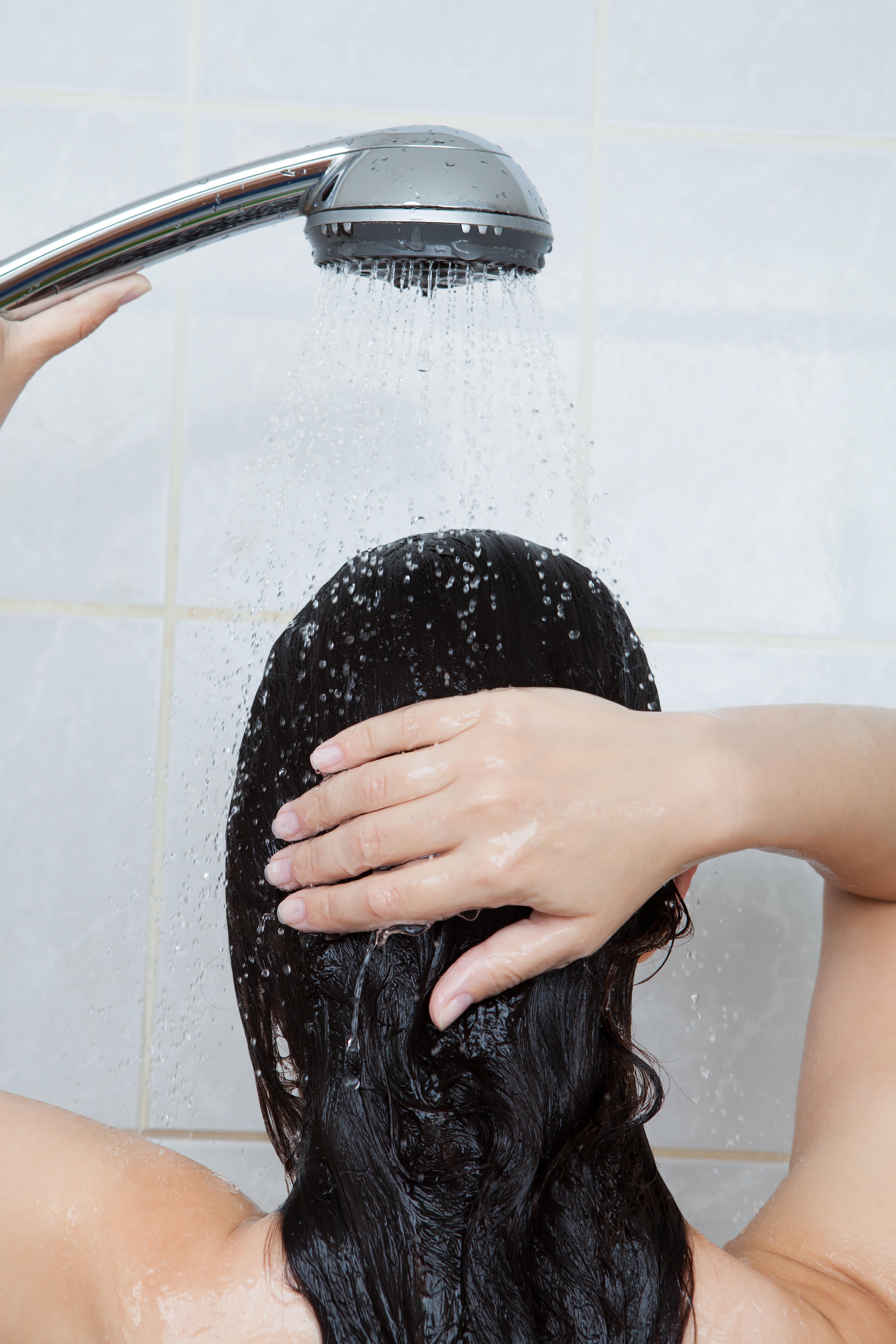
“Cutting back on baths can lead to significant savings, as a single bath uses around 80 litres of water, compared to a 10-minute shower, which typically uses just 25 litres with an efficient showerhead,” says Stephen Day, director at iHeat. “Reducing shower times to four to five minutes could also save a household up to £70 annually on water and heating bills, depending on your energy tariff.”
Turning down the temperature of your showers could also help save some extra pennies.
“Switching to a cooler shower can significantly cut down on your water heating costs,” says Stephen Hankinson, energy efficient expert at Electric Radiators Direct. “For example, every 5.6°C reduction in water temperature can lead to a 3-5% savings in energy used to heat water.”
Here are six other ways to help shrink your household bills this winter…
1. Lower your thermostat and use a timer“Lowering your thermostat by just 1°C can reduce your energy bills by up to 10%,” says Day. “Using a timer ensures you’re only heating your home when it’s needed, which is particularly effective if you’re out during the day.
“Combining these strategies, such as setting the thermostat to 18–20°C and programming it to come on 30 minutes before you wake, can help you stay warm efficiently.”
2. Avoid drying your clothes on radiators
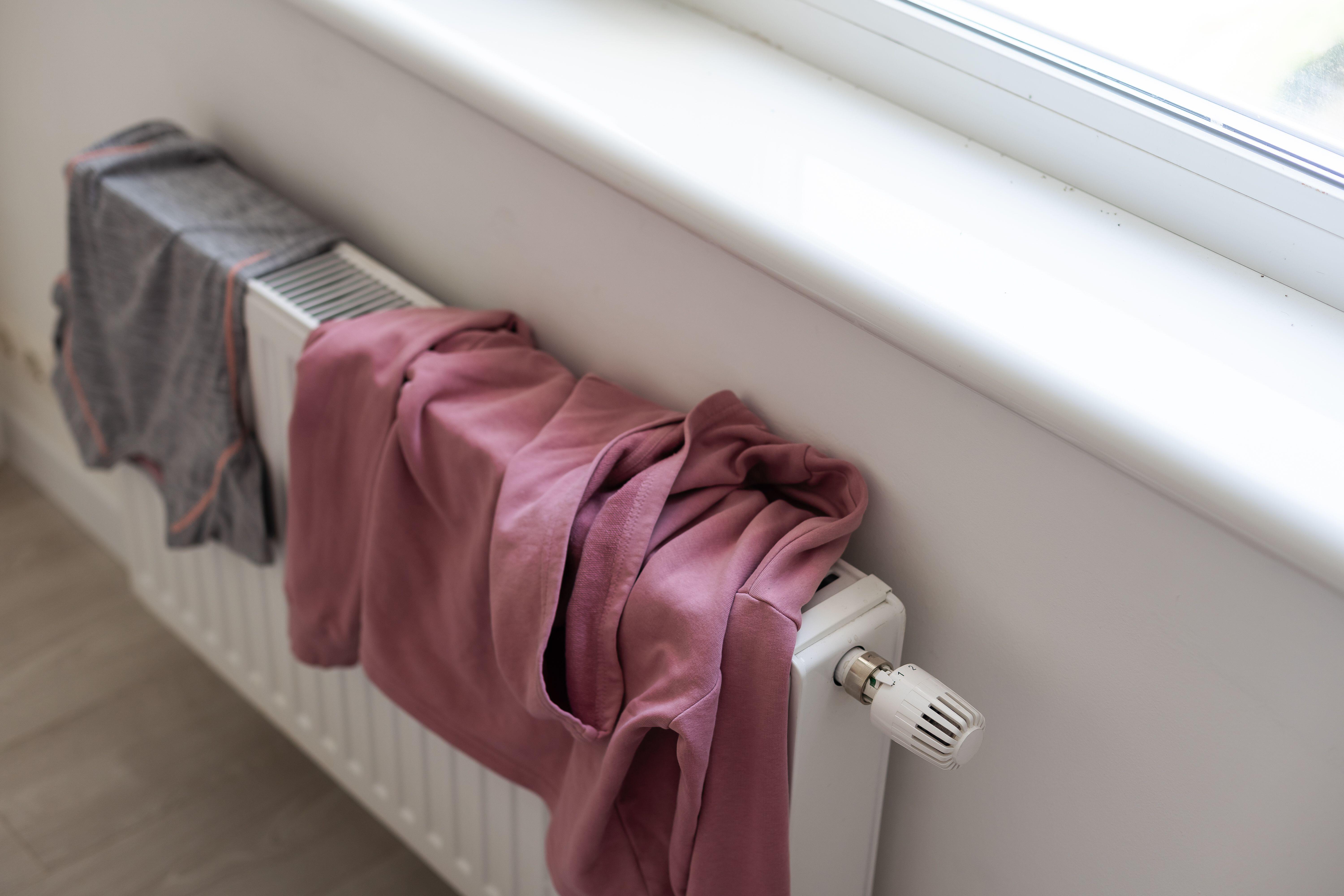
“While it can be tempting to dry wet laundry on top of a radiator to speed up drying time, this can actually block the heat from leaving the radiator and make the appliance significantly less efficient – thereby hiking up your bills,” says Stuart Middleton, consumer energy expert at So Energy.
Jess Steele, heating and technology expert at BestHeating adds: “It makes your boiler work harder, and risks dampness and mould from trapped moisture.
“Instead, use a drying rack placed near a heat source but at a safe distance to allow proper airflow and ensure ventilation by opening windows to reduce condensation.”
3. Check the efficiency of your appliances
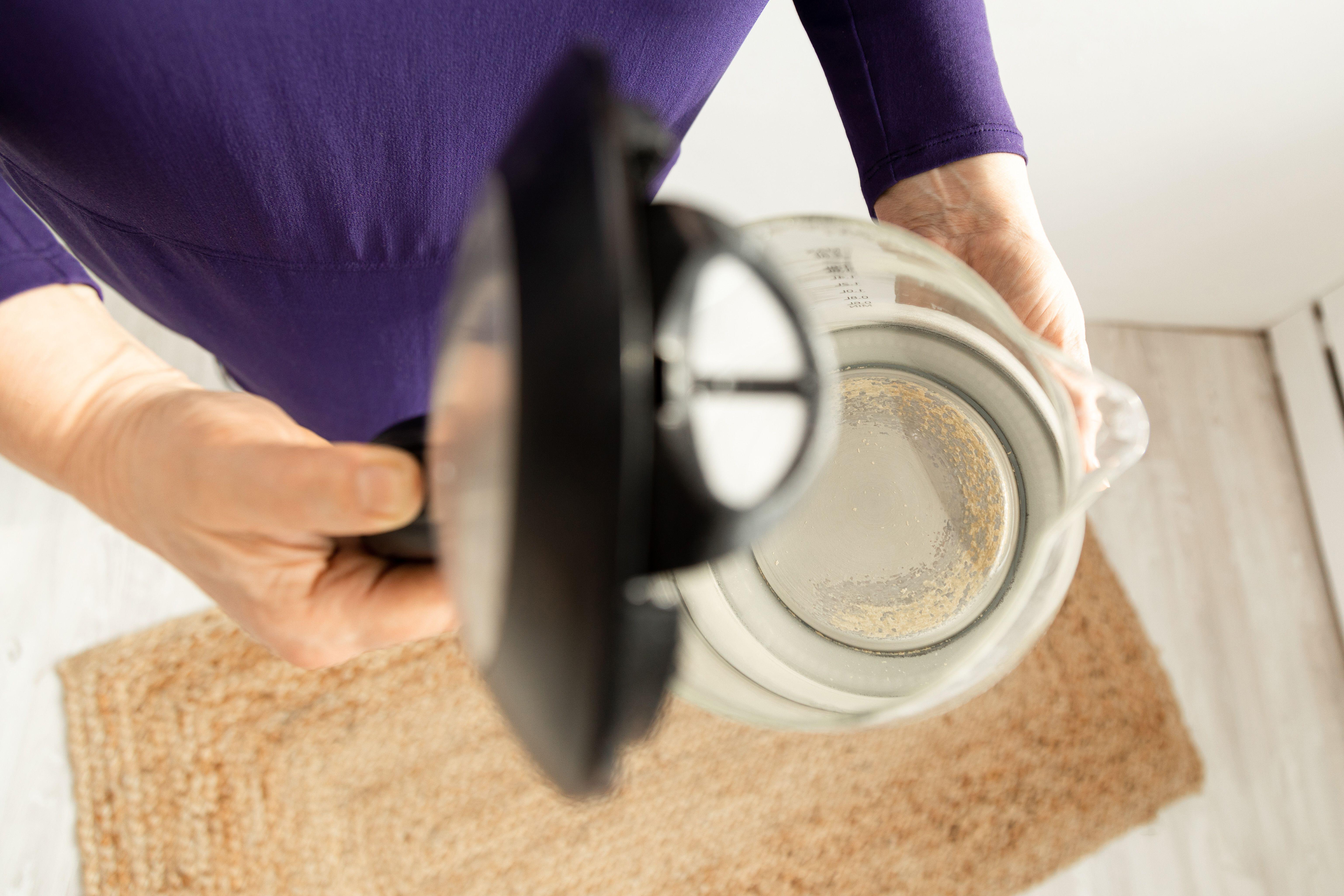
“Each of your home appliances should be checked to ensure they’re operating with the most efficiency, and therefore saving you as much money on your energy bills as possible,” advises Middleton.
This includes everything from the limescale in kettles to the position of your refrigerator.
“Things like limescale inside of kettles can impact how efficiently your appliances are working and can be responsible for small, but consistent, upticks in your energy costs – so be sure to clean out your kettle regularly and do your laundry in larger, less-frequent loads,” recommends Middleton.
“The positioning of your refrigerator is also important to check – if your fridge is located near a window or the oven, it may be absorbing extra heat and working harder to keep your food cold.”
4. Avoid pre-heating your oven
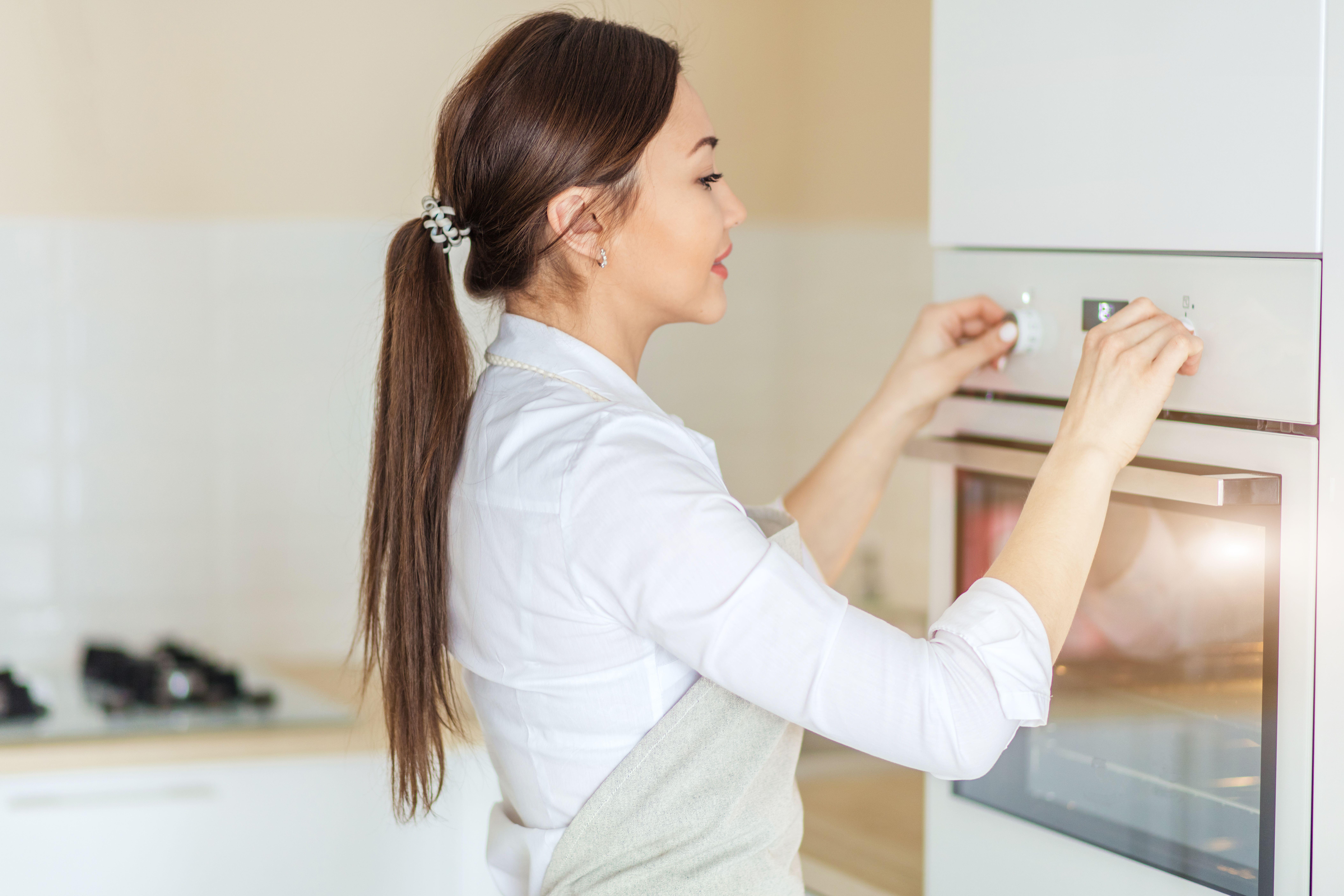
“Another unexpected tip for energy saving is to avoid pre-heating your oven,” says Middleton. “It’s actually more efficient to put your food in the oven when you turn it on and add a few minutes to the cooking time to let residual heat finish cooking your meal.”
5. Use an air fryer to cut down on cooking costs
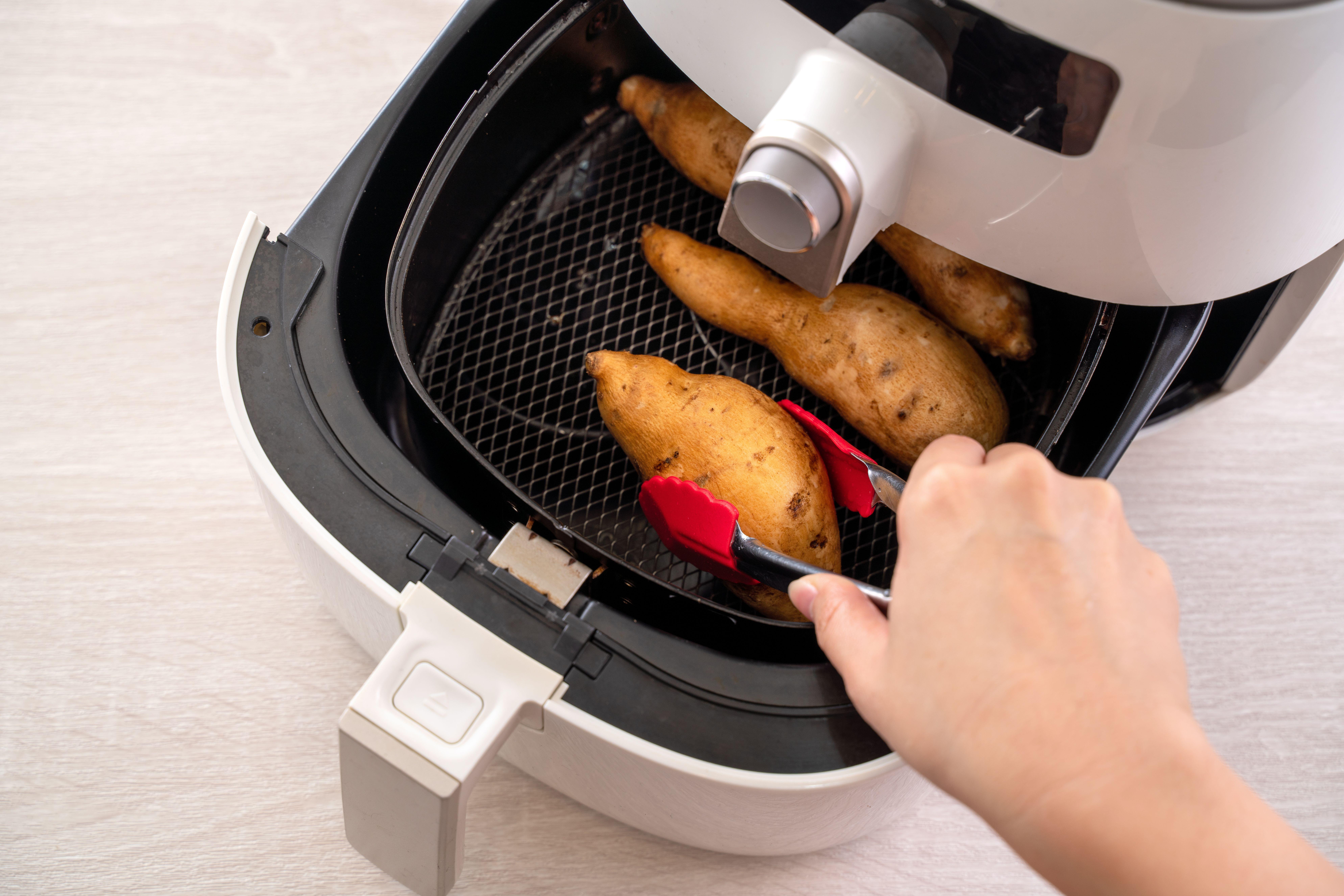
Choosing the wrong appliance for cooking can impact your energy bills over time.
“If you’re preparing a meal for just yourself, preheating an entire oven can be quite energy intensive,” says Hankinson. “Instead, using more energy efficient appliances such as air fryers could be a better option for a one-person meal.
“For example, cooking a 600g chicken breast in an air fryer costs about £0.13 in the UK. In contrast, using an electric oven for the same chicken breast will set you back £0.18. ”
6. Unplug all devices
Did you know that the appliances you have plugged in all the time could be running up your bills?
“Phantom energy refers to the amount of power used behind the scenes by appliances that stay plugged in, and estimates predict that approximately 10% of the average household energy bill is made up of this type of usage,” explains Middleton. “So remember to unplug your TV, microwave and phone chargers before you head out.”







